Book banning in the name of student ‘protection’ restricts young people’s access to information
March 26, 2023
Recently the number of book bans have increased drastically, especially among books by authors who are black or authors who advocate transgender and LGBTQ rights.
The American Library Association’s 2022 report recorded 2,571 unique titles targeted for censorship, a 38% increase from the 1,858 unique titles targeted for censorship in 2021. Of those titles, the vast majority were written by or about members of the LGBTQIA+ community and people of color. The annual report on books censored across the country was released March 22.
“I feel like I have the right to read any book I want,” 10th grader Andrew Thomas says. “The government banning books is restricting students from exploring and learning new ideas.”
Various students interviewed about their thoughts on certain books being banned agreed with Thomas. Students say there should not be a restriction on what type of content they read.
“I, as a librarian don’t personally believe that any book should necessarily be banned because everything has value,” says Armis Sanchez, Roosevelt’s librarian. “Even if you try and make a child never know about the existence of certain books about same-sex couples or parents, or transgender people, they still exist in this world and we should be educated about them.”
While it is students’ first amendment rights that are being violated, parents who vote in states like Virginia are driving the conversation and controversy. Governor Glen Youngkin appealed to parents during his 2021 campaign, saying parents should have more say in the content their students are exposed to in Virginia’s classrooms. He did not ask students for their opinion. A new law took effect in January of this year requiring Virginia schools to notify parents if students are assigned books with sexually explicit content.
While this is a national issue, states generally have the right to determine school curricula and content. Censorship and book bans do not appear to be occurring in Washington, D.C., at least not in the public schools.
“Within the last three years, as far back as DCPS central office records go, the DCPS Materials Evaluation Committee has not removed any books from public school libraries,” the Washington Informer reported last April.

Censorship of books affects the knowledge kids and adults have access to.
Sophomore Noemie Perdomo says, “I don’t think the government should have the right to restrict me or any other student of any type of content in books we read.”
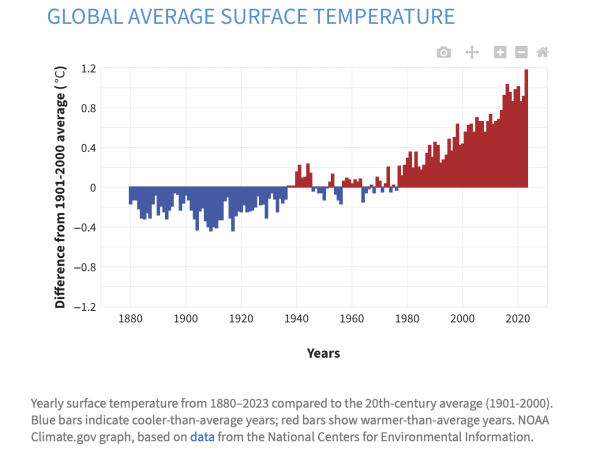
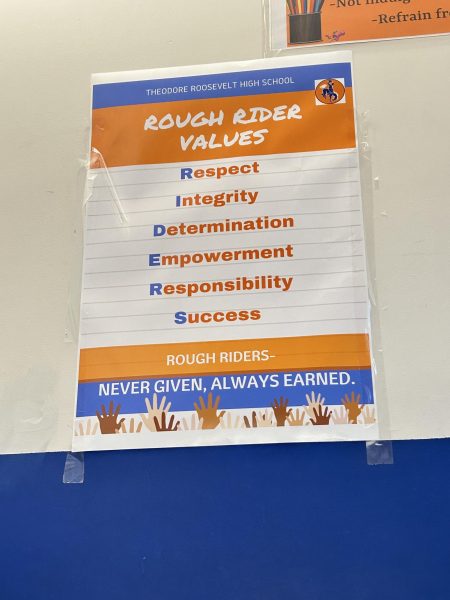
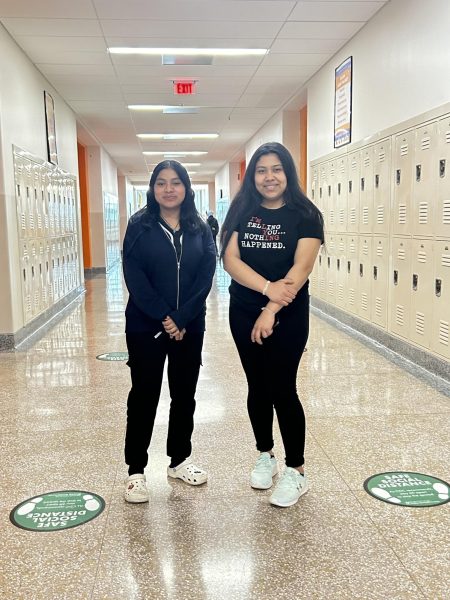
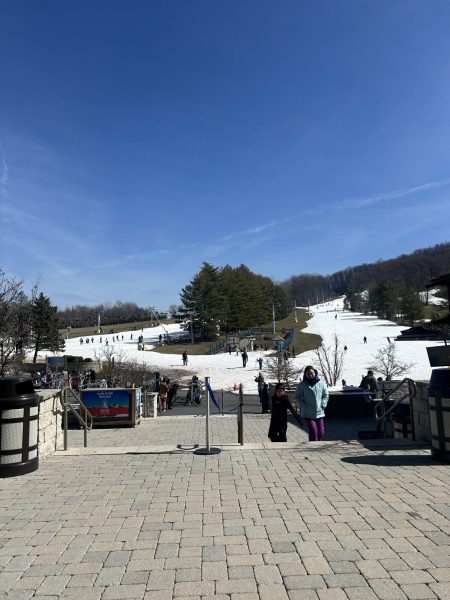
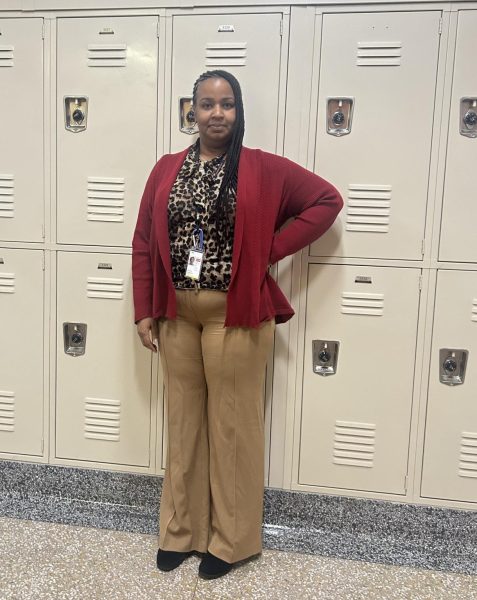
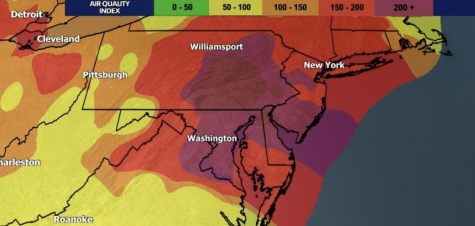

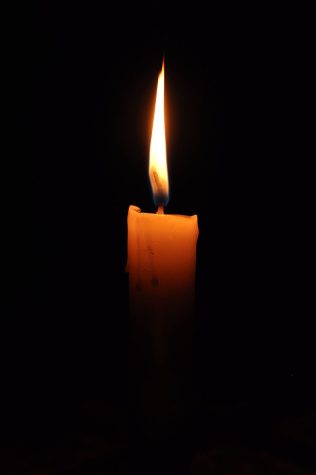
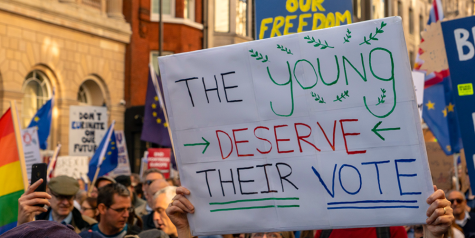
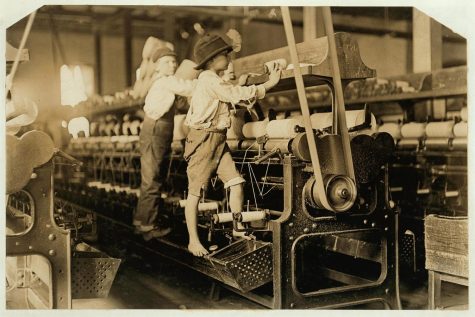
Kris • Mar 27, 2023 at 6:26 am
Okay, but is this really the government restriction on books or parents not want pornographic material available to their children? Parents do have the right to know what their kids are exposed to.